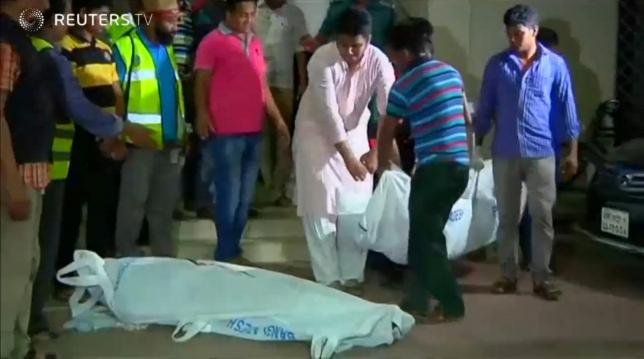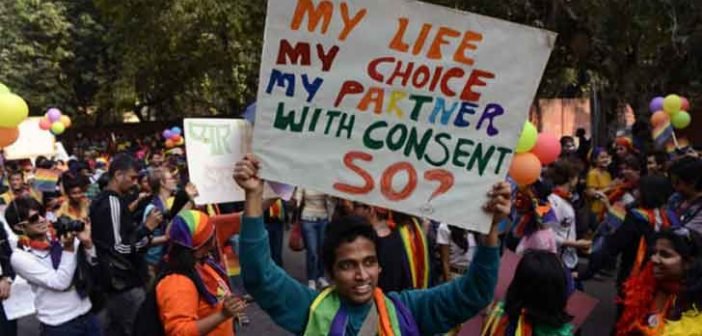On the morning of 19th May, several news and television outlets reported that Rapid Action Battalion (RAB), an elite security force in Bangladesh, had raided a gathering at Keraniganj upazila in Dhaka division and detained 28 individuals.
The reports mentioned that the gathering took place at a rented community centre and RAB raided the place after complaints from local people. In the press briefing that soon followed, RAB-10 Captain Jahangir Hossain Matobbor claimed that the detainees were ‘homosexuals’ who gathered in the community centre to engage in ‘homosexuality’.
Though RAB could not provide any evidence as to their claim, all the news outlets went amok and ran stories directly associating the youths with homosexuality. Moreover, several TV channels exposed the youths by showing their faces up close in videos that went viral on social media.

As the day progressed, it became clear that no such charges of ‘homosexuality’ were being brought against the detainees. What they were eventually charged with was the possession of narcotics under the Narcotics Control Act of Bangladesh.
However, the media continued to label the youths as ‘homosexuals’ and aided by quips from the state’s law enforcement wing, carried out its own trial. What both law enforcement and the media have forgotten is that they are complicit in upholding the colonial legacy of criminalizing and stigmatizing diverse sexual and gender identities and expressions.
What the media has also forgotten is the consequences their unethical and unprofessional actions may have. Apart from the social ostracization and harassment these youths and their families would face, there is a real danger to their lives too.
Just more than a year ago, Xulhaz Mannan and Mahbub Rabbi Tonoy were brutally murdered by religious extremists, who are yet to be brought to justice by the State. Right after the murder, the Home Minister said, “Nothing against the religion would be tolerated,” essentially declaring an open season for the extremists. In this vulnerable situation, if the extremists target any of the youths, the media should know that they have blood on their hands too.

In a country like Bangladesh where there is a strong sentiment against non-normative sexualities and genders, media has a crucial role in promoting tolerance and acceptance. For that media institutions must avoid clickbait and sensationalist journalism. In carrying out the coverage of the incident in Keraniganj, the media of the country has become complicit in the State’s repression of LGBT community and the violence they face on a daily basis.
We would like to request all the media outlets to immediately take down their contents that can jeopardize the lives of the youths. We also request them to show utmost sensitivity and professional integrity while reporting on LGBT issues.
This is a collective statement from the members of the LGBTQ community in Bangladesh in response to the events that have unfolded in the country in the last few days. It first appeared on gaylaxymag.com.

















